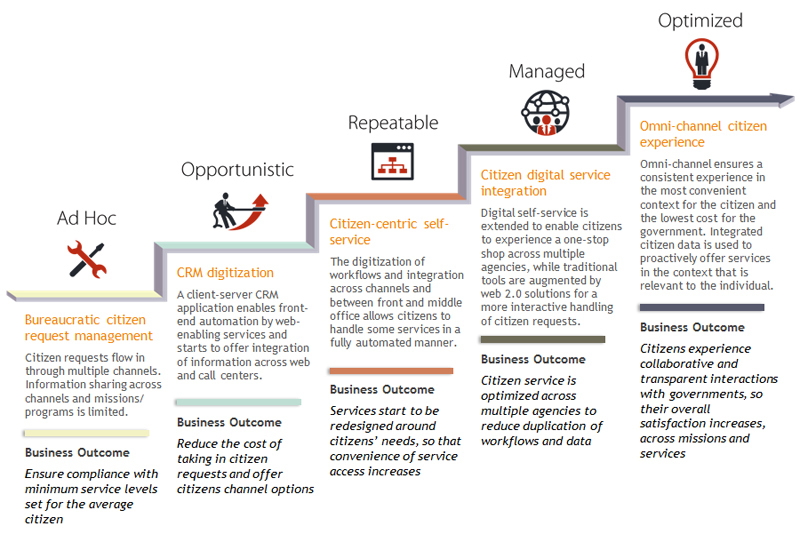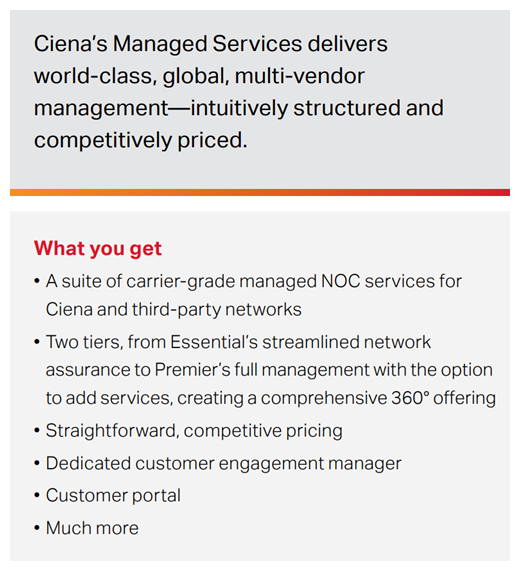견적문의
페이지 정보
작성자 Bradly 댓글댓글 0건 조회조회 4회 작성일작성일 25-04-16 10:51본문
| 회사명 | WH |
|---|---|
| 담당자명 | Bradly |
| 전화번호 | QD |
| 휴대전화 | NP |
| 이메일 | bradly_govan@aol.com |
| 프로젝트유형 | |
|---|---|
| 제작유형 | |
| 제작예산 | |
| 현재사이트 | |
| 참고사이트1 | |
| 참고사이트2 |
This post is a submission by Managed Services Partners. Managed Services Partners is an outsourcing company with over 6 years of experience assisting organizations enhance operations and drive growth.

Starting the outsourcing journey is an endeavor that many organizations undertake to enhance performances, lower costs, and leverage specialized skill.
However, alongside these potential benefits come a host of legal and compliance complexities that need to be carefully browsed to make sure the success and sustainability of contracting out initiatives.
This detailed guide will explore essential legal and compliance factors to consider, with a concentrate on information personal privacy laws, non-disclosure contracts (NDAs), non-compete stipulations, and the critical function of adaptability in today's dynamic company environment.
The outsourcing landscape
Outsourcing is more than a technique for offloading non-core jobs; it is a transformative method that can improve a company's versatility and competitiveness.
Whether it's IT services, customer assistance, manufacturing processes, or personnels, contracting out can use a substantial edge. Companies that successfully outsource can focus on core service operations, drive innovation, and access leading talent without the overhead expenses of full-time employment.
However, this journey is not without its legal and compliance difficulties. Companies should be conscious of the intricacies surrounding the transfer and management of information, the defense of copyright (IP), and the maintenance of regulatory compliance.
Given the global nature of outsourcing, businesses need to also consider cross-border legal ramifications, which may vary considerably depending upon the nation where the outsourcing service provider runs.
Understanding these aspects is vital in ensuring that contracting out collaborations align with a business's strategic goals while alleviating possible legal risks.
In lots of cases, organizations that neglect legal and compliance considerations deal with expensive disputes, loss of sensitive data, or reputational damage that can take years to recover from.
Importance of legal considerations
Outsourcing naturally includes legal factors to consider that are important to protecting a company's interests. At the leading edge is the requirement to protect delicate info. Companies need to understand and abide by information personal privacy laws that govern the jurisdictions in which they run.
This is particularly important as data breaches can result in severe financial penalties and reputational damage.
Furthermore, intellectual residential or commercial property rights need to be plainly defined in outsourcing agreements to prevent unauthorized usage or misappropriation of proprietary possessions. If these rights are not effectively developed, a service may lose control over vital innovations or private service procedures.
For organizations operating in extremely managed markets such as healthcare, financing, or legal services, compliance requirements are a lot more stringent.
Abiding by policies such as the General Data Protection Regulation (GDPR) in Europe or the Medical Insurance Portability and Accountability Act (HIPAA) in the United States is important to preventing legal complications.
Non-Disclosure Agreements (NDAs) and non-compete clauses
When outsourcing, business regularly share proprietary info with external company.
To protect this important details, NDAs are utilized. These arrangements are designed to prevent the unapproved dissemination of secret information, thereby protecting the company's competitive advantage.

NDAs must be detailed and lawfully binding, clearly outlining what makes up personal info and the responsibilities of both parties in handling sensitive information. Businesses need to likewise guarantee that their NDAs include arrangements for legal recourse in case of breaches.
Similarly, non-compete clauses can be included to avoid company from making use of sensitive understanding acquired throughout the contracting out partnership to benefit a competitor. This is particularly essential when outsourcing freelancers or firms that might have multiple clients in the same industry.
However, the enforceability of non-compete stipulations can differ significantly depending on the jurisdiction. Some areas have strict regulations limiting the scope and duration of such stipulations.
Therefore, it's important for companies to consult legal professionals with experience in the appropriate legal structures to draft reliable agreements.
Contracts: Setting the structure
Contracts work as the plan for the contracting out partnership, defining functions, duties, deliverables, and timelines. They also describe the legal and compliance expectations for both parties.
A well-structured contract needs to resolve a number of key aspects:
Scope of work: Clear and in-depth descriptions of the services to be provided, including quality standards and efficiency metrics.
Data security: Specific provisions related to information protection, data transfer treatments, and breach alert protocols to guarantee adherence to personal privacy laws.
Copyright rights: Provisions that establish ownership of IP developed during the collaboration, and terms that protect pre-existing IP.
Termination provisions: Terms that attend to the possible end of the outsourcing relationship, including notice periods and conditions under which termination can occur without penalty.
Additionally, organizations need to consider executing service-level arrangements (SLAs) to make sure responsibility and performance tracking. SLAs define measurable benchmarks that the outsourcing service provider must satisfy, providing organizations with option if expectations are not satisfied.
Engaging with service suppliers
Consulting with prospective provider during the early phases of the contracting out journey is a strategic move. This engagement enables companies to gauge the company's ability to satisfy legal and compliance requirements.
Thorough vetting processes, such as requesting recommendations, reviewing past jobs, and assessing compliance certifications, can provide valuable insights into the supplier's reliability and adherence to .
Businesses should likewise examine the monetary stability of potential outsourcing partners.
A service provider that faces monetary obstacles may not have the ability to keep operations long-lasting, positioning a danger to continuous tasks. Conducting due diligence in advance can avoid future disturbances.
The role of flexibility in legal and compliance methods
Adaptability is a critical part of successful outsourcing, particularly when it comes to browsing developing legal landscapes. Regulations and market conditions can alter quickly, making it necessary for companies to remain nimble.
Building flexibility into agreements and developing procedures for ongoing compliance monitoring can help organizations adjust to new legal requirements and keep an one-upmanship.
For example, if a business is contracting out customer assistance operations to numerous nations, they must make sure compliance with different national laws concerning customer security and data privacy.
Regularly upgrading policies and agreements in response to legal changes can prevent legal risks.
Real-world factors to consider and best practices
To make sure legal and compliance success in outsourcing, services should adopt the following finest practices:
Regular audits and assessments
Conduct regular audits and assessments to ensure that provider stay compliant with legal and regulative requirements. This proactive method can help determine prospective gaps before they intensify into substantial problems.
Training and awareness
Educate staff members and outsourced groups on data protection practices and legal commitments. This guarantees that everyone included in the contracting out journey understands the value of compliance and the function they play in safeguarding details.
Collaboration and communication
Foster a collective relationship with company. Open lines of interaction can help resolve compliance issues quickly and facilitate joint analytical efforts.
Crisis management preparation
Have contingency plans in place in case of security breaches, agreement conflicts, or service provider failures. A well-structured crisis management strategy makes sure that companies can rapidly react to challenges without significant disruptions.
Legal compliance for outsourcing success

Understanding the legal and compliance elements of outsourcing is important for companies wanting to leverage external abilities while securing their interests. By concentrating on key locations such as information privacy, NDAs, non-compete provisions, intellectual property rights, and versatility, companies can successfully browse the outsourcing landscape.
Successful outsourcing hinges on a collaborative method between the company and its provider. Building trust and preserving transparent communication can lead to effective analytical and a shared dedication to compliance.


